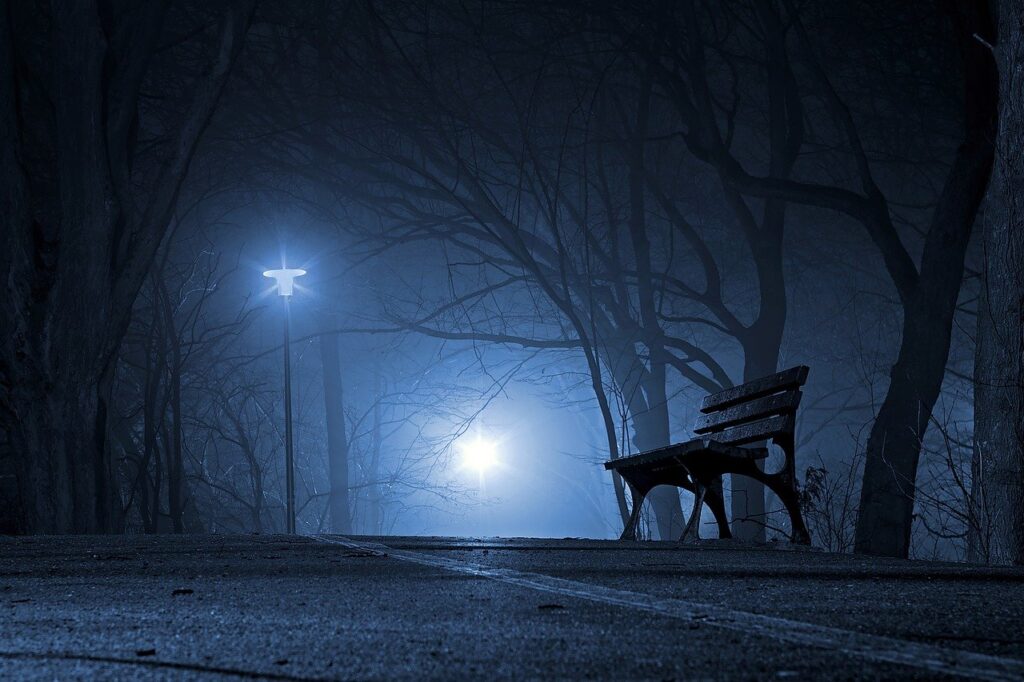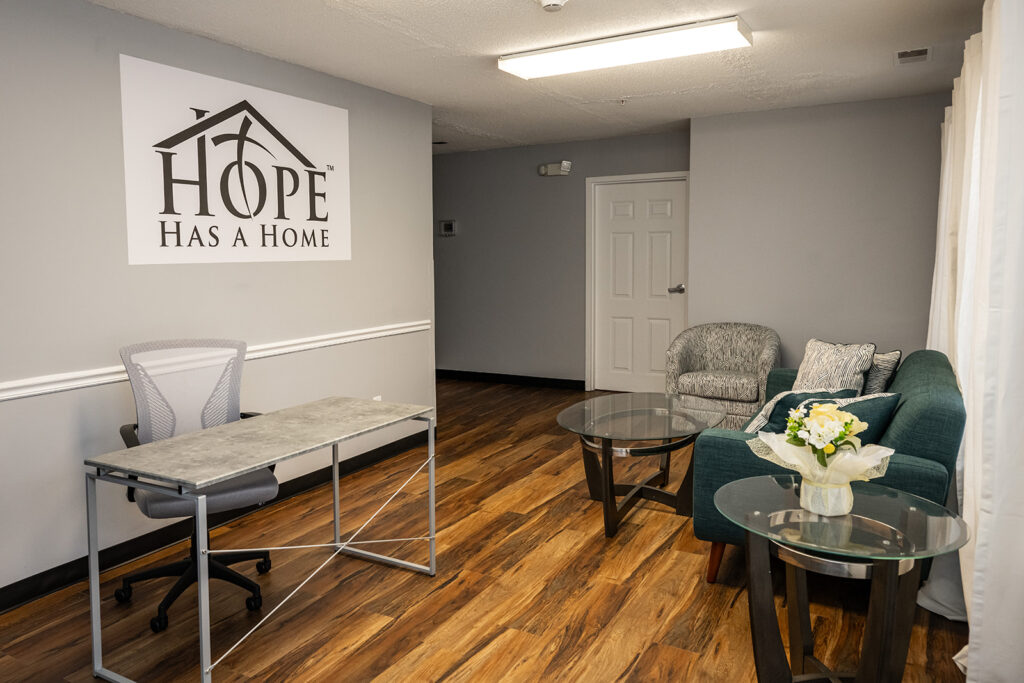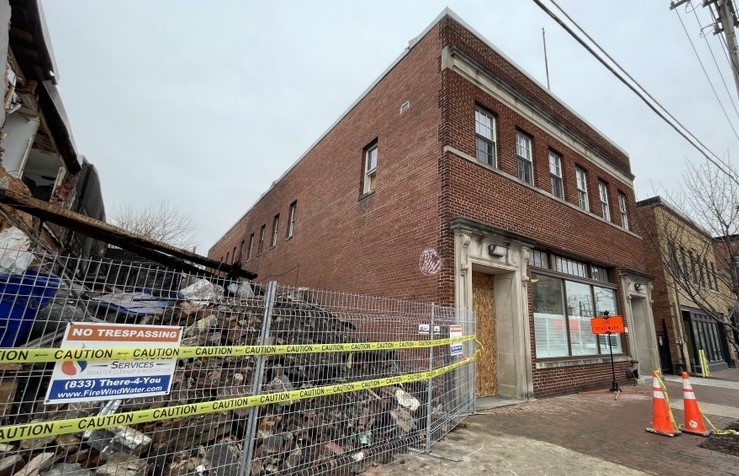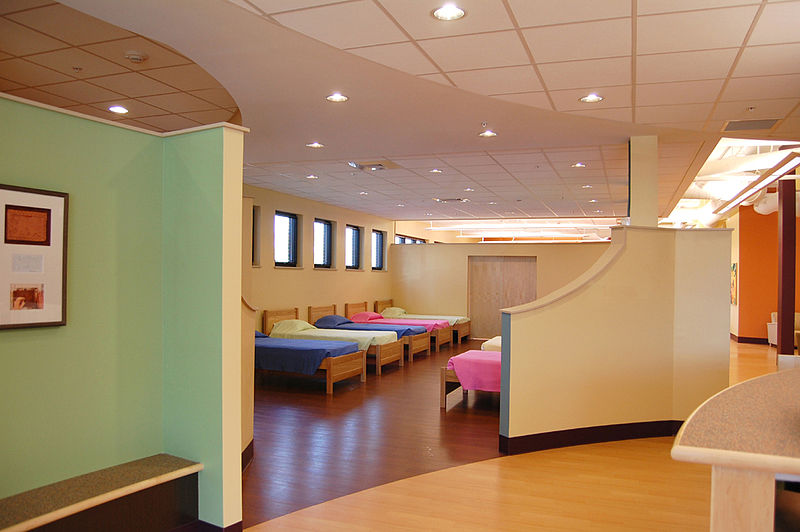I have been in New York since December 22. I came to New York City to join a pilot program that lets foreign nationals join the U.S. military. I want to do two tours in Iraq, two in Afghanistan, and also apply for United States citizenship. I am fluent in Czech and Slovakian, which is what the military was looking for. They also require one to have stayed in the country for two years, which posed a problem for me.
I did not think I would write for Street Sense again but New York City does not have a newspaper that gives a voice to the homeless, and I have the desire to make others aware of the conditions the homeless in New York City face. As a result, I decided to pen this article. I mentioned my intention to Frank Mearns, vendor and volunteer for Street Sense who has witnessed the New York City shelter system. He told me to share my experiences.
Early on I began to feel strongly about the homeless situation especially in regard to the way in which the homeless are treated. For example, it is illegal to sleep out-side, such as in parks. If you are caught, the police automatically lock you up. One lad spent 60 days in jail for sleeping in the park. Mark is originally from Virginia and like most other people who come to New York, he was unaware of how the homeless were treated.
There are specially designated “snatch-squads” in orange uniforms that walk around streets and parks looking for the homeless. Once the homeless are rounded up, the “snatch-squads” take them either to jail or to a shelter. I believe they are an arm of the police.
Since one is forbidden to sleep outside, there are only two options: sleep on a subway train or in a shelter.
The city’s shelters are cramped, making it difficult for an individual to receive good treatment. The place where I am staying is called 30th Street Men’s Shelter, which was known as Bellevue Hospital at one point. The conditions inside are disappointing. Food is provided three times a day but the food tray resembles something less than a weight-watchers dinner. There are no seconds.
I believe the air vents are the biggest problem and that they present a fire hazard. They are definitely a health hazard, as every morning my black jacket is covered with long bits of coagulated dust.
The sign-in process takes about a day and a half, due to the utter laziness of many of the case workers. On my second day at the shelter, I was given a permanent bed. The security guards are unfriendly and abuse their authority. Most of the guards are overweight and if anything was to happen, such as a fight, they would have no option but to stand there. Back home the “animal factory” refers to jail, but it might as well be the shelter system, especially with the shelter’s curfews. I have seen a few people break down here. I can’t blame them and sometimes even feel pity.
I am bewildered that the “rules” change as frequently as they do. I will never understand this, but maybe this is the way it works in America. I guess I just have to play along with it and make do like everybody else. In my room there are four beds. Three of us have already seen a few people come and go. People transfer to other shelters, or they are moved to other beds in the shelter, if they, for example, break their curfew. I must admit there is always a non-U.S. crowd here: there is a man from Ghana, whose name is Kuaku, a Puerto Rican man named Juan, and a man from Sierra Leone who arrived last night.
Lockers and locks are provided to all of us during registration, along with bed sheets (if we happen to get a bed). Kuaku went nine days before a bed was found. I guess I was lucky, as I only had to wait a day and a half. There is a separate wing for women and families. I’ve never been to it, so I cannot report on conditions there. I do, however, encourage anyone who is bold and has a bigger voice than I do, to dress like a homeless person and check out the conditions for themselves. I am sure that he or she will leave appalled.
Davie McInally is originally from Scotland and has written past columns in Street Sense. The views and experiences here are those of Davie and not Street Sense.








